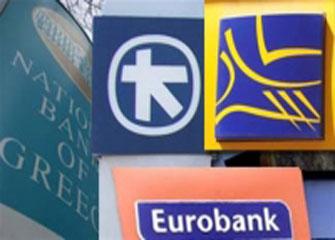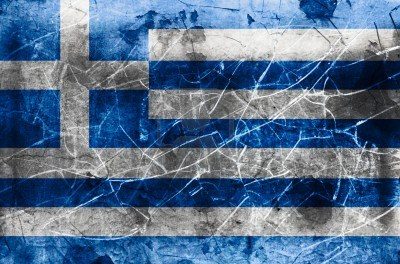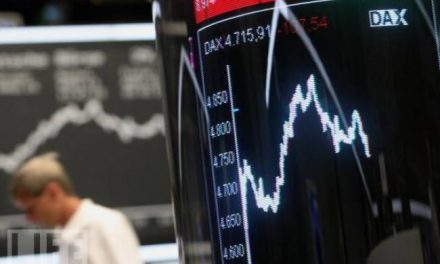Banks including National Bank of Greece seek increased capital flow from investors to fill capital gaps
By Troy Kuhn, bidnessetc.com
As Greece starts to recapitalize its banking system, top banks have been struggling to refurbish balance sheets in a bid to fill capital shortfalls. Recapitalization is imperative for Greek banks to mend dents that were inflicted when the Greek debt crisis was at its peak. However, banks have to regain depositor trust before any expectations of capital fillers can be formed.
Last month, the European Central Bank (ECB), after conducting detailed stress tests of Greek banks, established a capital shortfall of as much as €14.4 billion. The stress tests formulated hypothetical scenarios of economic adversity in Greece to arrive at the stated capital shortfall. Without effective and smooth recapitalization, banks could face problems with operating smoothly in the near future.
Presently, Greek banks are faced with a number of challenges in connection to recapitalization. The prime one is the existence of a significant proportion of non-performing loans. Essentially, non-performing loans have a risk attached to them. This acts as a drag on a bank’s balance sheet, as timely interest or principal repayment of these loans is viewed as highly unlikely.
Furthermore, as the economic and political scenario in Greece turned sour, depositors resorted to pulling out their savings from bank accounts at an alarming pace. This levied an acute downward pull on bank deposits and left bank reserves considerably void of liquidity.
Now that Greece’s top banks are seeking to resume normality, considerable work needs to be undertaken to convince depositors to shift back to the banking system. Indeed, a significant portion of trust in Greece’s banks has been lost. Depositors would require substantial convincing before any projections of the degree of deposit influx can be gauged.
A recent article published in the Financial Times states that National Bank of Greece (ADR) (NYSE:NBG) and Piraeus Bank are still struggling to attract sufficient orders from investors to fill capital gaps. On the other hand, Alpha Bank and Eurobank have managed to meet their stated targets. The bank commands a lead in Greece’s banking sector, due to the proportion of assets it holds. The bank is seeking to raise €1.46 billion, exclusively from the sale of shares. Financial Times further unveils that these banks are under-pricing shares, offering a discount of 90% to the most recent market price of the respective stocks.
Speaking of market price, NBG stock has found itself caught up in a worsening downward spiral. Shares hit the stock’s 52-week low on Tuesday. The downward trend continued in trade yesterday, with NBG stock carving new 52-week low at $0.42. Shares dropped more than 6% to close at $0.43 yesterday, giving rise to a market cap of $1.53 billion. Additionally, the stock’s trading volume rose to record highs, crossing the 26 million mark. NBG stock has a 30-day average trading volume of 12.99 million.
The stock took a further hit in extended trading, declining almost 2% to $0.43 as of 7PM EDT.



















